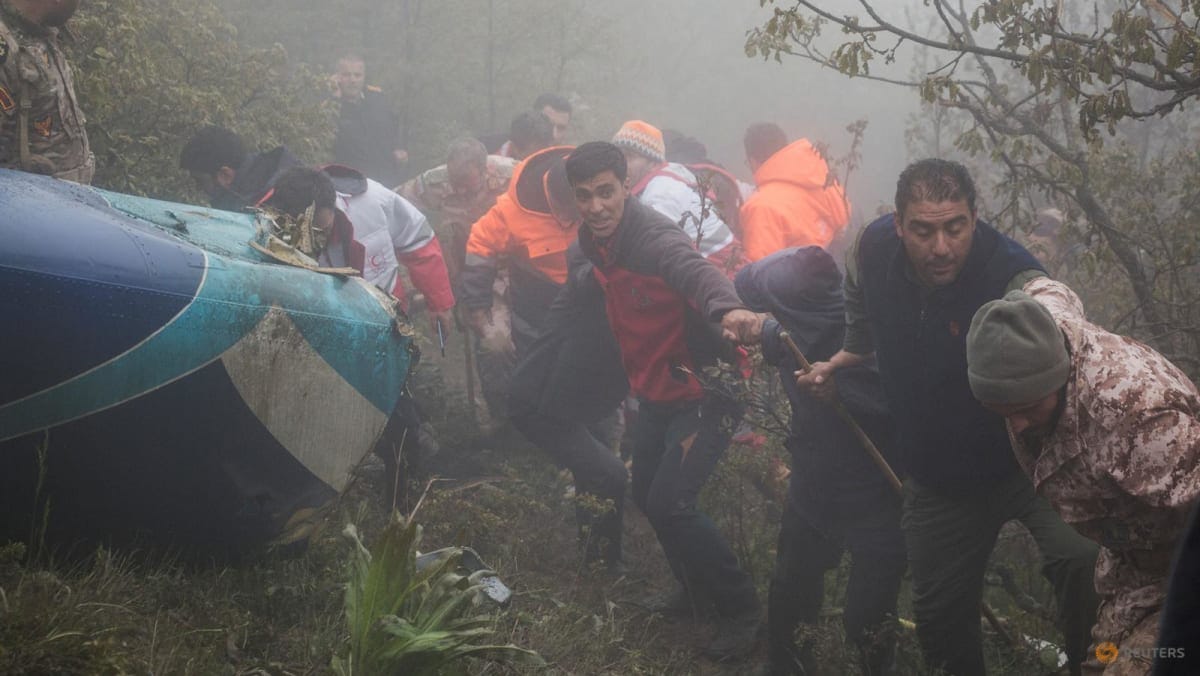Three Future Scenarios Following the Death of Iran's President
Raisi's death is significant and raises numerous questions, particularly regarding his successor. However, beyond the immediate question of succession, several other issues come to mind.
Iranian President Ebrahim Raisi and Foreign Minister Hossein Amir-Abdollahian died in a helicopter crash while returning from a trip to Azerbaijan. The crash occurred in the mountains of Iran's East Azerbaijan province amid poor weather conditions. After an hours-long search hampered by fog and rain, rescue teams found the wreckage and reported no survivors among the nine people onboard, including the provincial governor and other officials.
Impact on Iran's Political System
Raisi's death is a significant blow to Iran's political establishment. He became president in 2021 and was a hardline cleric closely allied with Supreme Leader Ayatollah Ali Khamenei. Raisi was considered the most likely successor to Khamenei, and his sudden death leaves a power vacuum at a time when Iran faces numerous challenges, including a struggling economy due to sanctions, ongoing anti-government unrest, and rising tensions with the West and regional rivals like Israel and Saudi Arabia.
Interim Leadership and Upcoming Election
According to Iran's constitution, First Vice President Mohammad Mokhber has become the interim president until an election is held within 50 days. Mokhber, a former banker, is not seen as a strong contender for the presidency. The short timeline gives Khamenei and the conservative establishment little time to rally around a consensus candidate, potentially leading to an unpredictable election that could deepen factional divisions and public discontent.
Foreign Policy Implications
Raisi also played a crucial role in Iran's foreign policy. His death comes at a critical time for high-stakes issues like the stalled nuclear deal and support for militant groups. Amir-Abdollahian, who was close to the Revolutionary Guards, had overseen a confrontational foreign policy. Instability in Tehran might harden the regime's stance towards the West and increase dependence on Russia and China. At the same time, the deaths of Raisi and Amir-Abdollahian could hinder Iran's recent efforts to ease strained relations with Saudi Arabia and embolden Israel, raising the risk of regional escalation.
Potential Scenarios Following Raisi's Death
Scenario A: Iran Blames Israel and Escalates Tensions
One potential scenario is that Iran might use Raisi's death to accuse Israel of foul play, leading to heightened tensions and possibly conflict. Historically, Iran has often attributed domestic and regional troubles to external enemies, particularly Israel. If Iran's leadership decides to pursue this narrative, it could:
Keep reading with a 7-day free trial
Subscribe to The Grey Zone to keep reading this post and get 7 days of free access to the full post archives.




